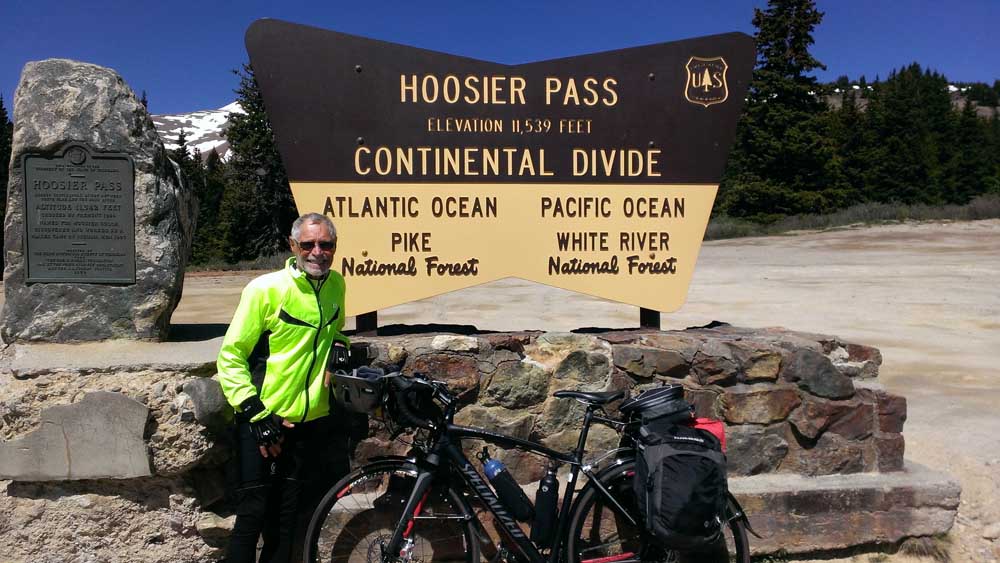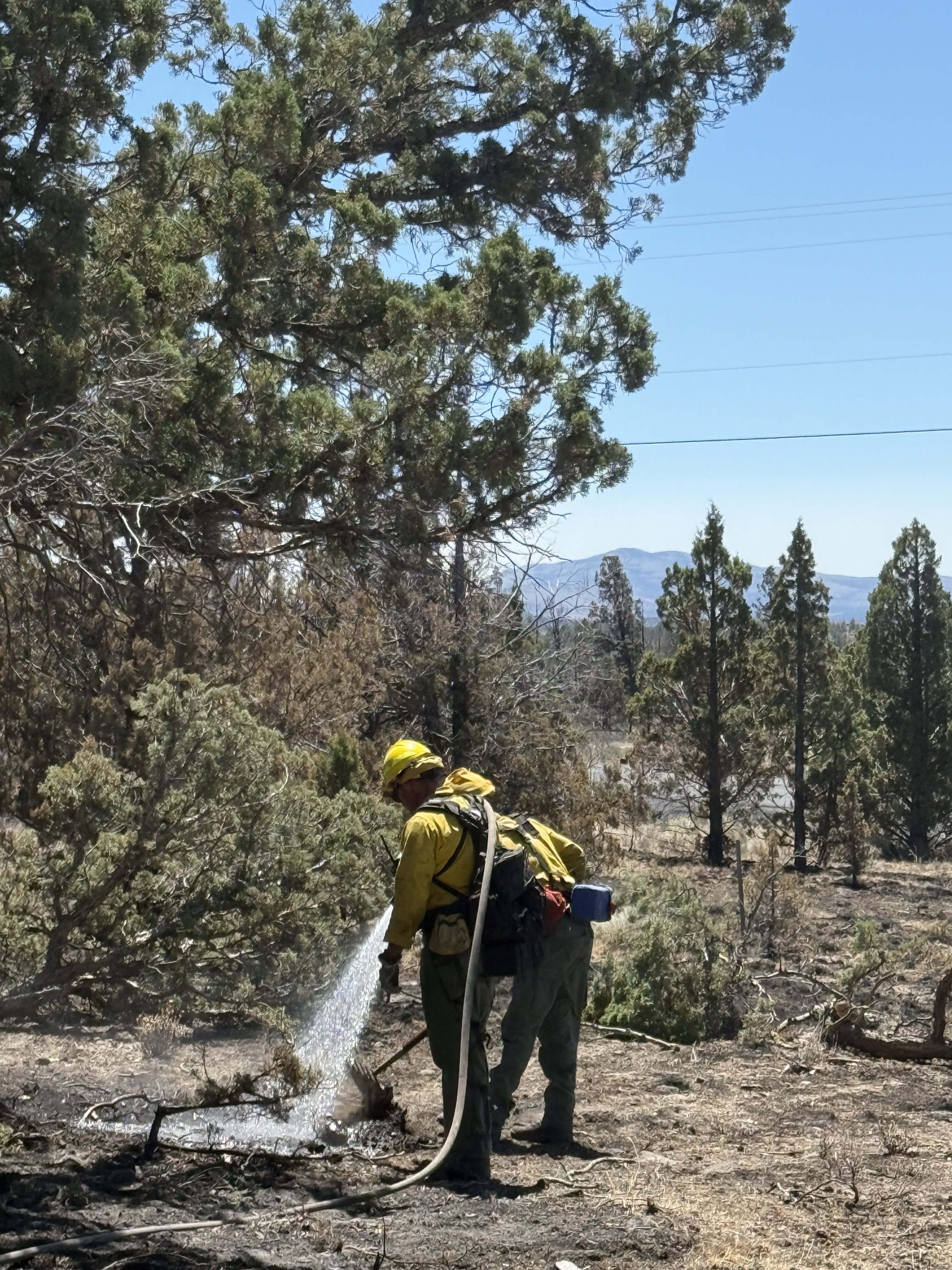One Goal
Published 12:00 am Saturday, November 15, 2014

- One Goal
Bob Sanders is the kind of man who gives it his all.
He gave it his all while serving in the Vietnam War and during his years working in local government development around the world. And after retiring, Bob Sanders began to give back to other Central Oregon veterans. Part of his efforts involved physically giving it all while cycling over mountain passes across the country.
Trending
A volunteer with Central Oregon Veterans Outreach (COVO), Sanders regularly visits homeless camps throughout Central Oregon to check on the people living there and make sure they have the basic supplies they need. This homeless assistance program is one of several supportive services available for veteran families through COVO.
So when Sanders spent this past summer cycling the nearly 4,000 miles from Bend to the Iwo Jima Memorial in Washington, D.C., it made sense for him to give all the proceeds from a fundraising campaign associated with the trip — Biking for Vets — to COVO.
The 70-day cross-country trip was a culmination of a five-year plan devised when Sanders fully retired in 2010. Several previous cycling trips – the equivalent of two cross-country trips, in stages — contributed to his road cycling experience and enabled him to lighten his load each time.
Sanders is a self-professed adventurer at heart. And these adventures on his bike, along with helping at COVO, said Sanders, have been gratifying ways to spend his early retirement years. Creating new challenges for himself is also a way, he said, of coming to grips with not being able to climb the (proverbial) higher mountains he used to.
“You can’t meet the lofty goals you once had, so start by meeting realistic goals,” said Sanders. “For me, it was very satisfying to meet the challenge that I set out for myself.”
The challenge of biking across the country not only involved summiting mountain passes in the Cascades, Tetons and Rockies – including Hoosier Pass in Colorado at 11,542 feet – it meant traveling through 10 states and experiencing bits of Americana along the way.
Trending
Surprisingly, said Sanders, the hardest climbs in the country were in the East, where elevations were less impressive but grades — such as 17 percent in the Ozarks and 19 percent in the Appalachians — were much steeper.
“It was like a rollercoaster,” said Sanders. “The first time I hit a 17 percent grade, I had to get off and walk the end of it.”
For Sanders, resting his body at night was done at a variety of locales. Roughly a third of nights were spent camping, a third at back roads motels and a third of the time he was invited into people’s homes – some of whom he knew previously and others whom he did not.
At a farm outside of Idaho Falls, said Sanders, he was invited to sleep in a renovated sheepherder’s wagon when a bed and breakfast was full. Also in Eastern Idaho, Sanders spent a night in a horse stall offered up by a 4-H club.
The ire of every cross-country cyclist is dog attacks, and for Sanders it was no different. This too, seemed to change by region as he crossed the country. Sanders made it through four Western states — Oregon, Idaho, Wyoming and Colorado — and Kansas with only one dog attack. In Missouri and Kentucky, he said, there were more than 30.
“The people also changed,” said Sanders. “Westerners are much more likely to engage you than (people) in the East.”
And Sanders met many people as he rode. Many were foreigners, also travelling, others were motorcycle groups, and some 200 to 300 people were also on cycling trips. Sanders wore a shirt labeled “Biking for Vets” during most of his ride, so people were able to easily identify what he was doing.
In Illinois, said Sanders, he met an elderly woman whose husband was wounded in the Korean War. She thanked him and gave him a $20 bill. In another Illinois town, Sanders met a homeless man — an Iraq War veteran in his early 30s — and passed on the money given him by the elderly woman.
This kind of kinship is what Sanders gets from his volunteer work at COVO. Being around veterans keeps him connected, said Sanders, and grounded.
“Even though only a small percentage of the homeless in Central Oregon are veterans, the homeless are dealing with heavy things,” said Sanders.
Social connections help everyone, and for Sanders, knowing his wife Kathryn fully supported his bike touring and would be there to meet him in Washington, D.C., helped him when he was alone for most of his route.
“Knowing that (Kathryn) understands my wanderlust ways and restlessness gives me peace of mind when I am out and about,” said Sanders.
Fundraising proceeds from Sanders’ trip are currently at $8,625, though supporters are still able to donate through the COVO website. Some of the funds have been directly allocated to local veterans (as requested by donors) while the majority has been designated to cover general operating costs for the veterans outreach programs.








